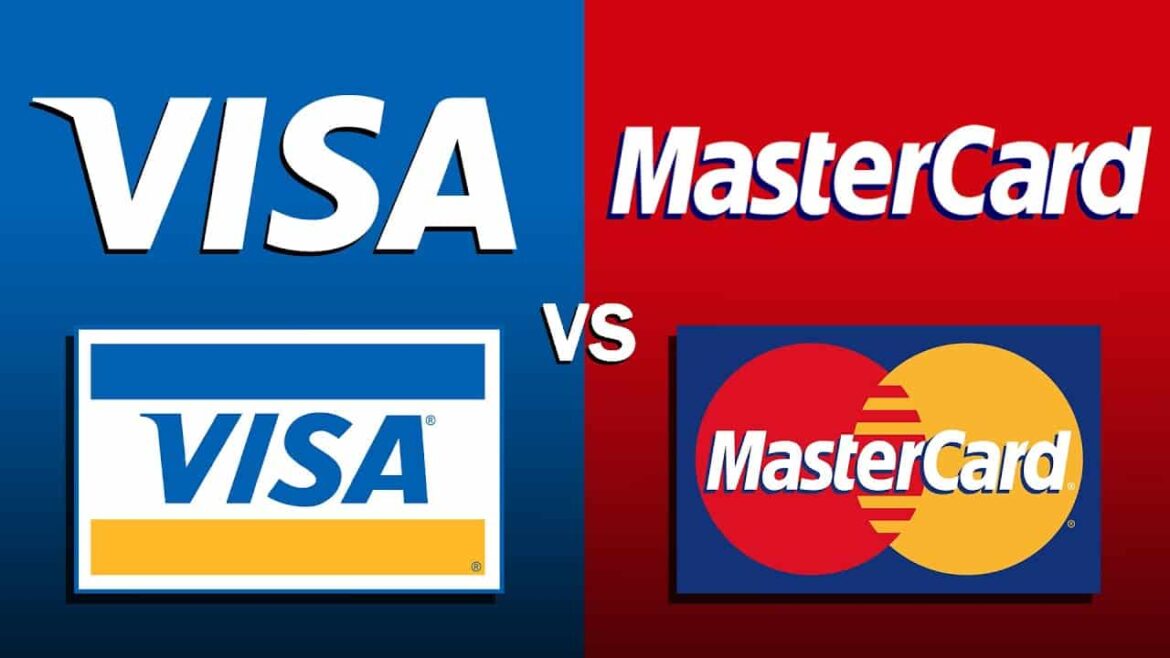1.3K
The differences between Visa and MasterCard are marginal. The biggest difference is the name itself. Otherwise, the conditions of Visa and MasterCard credit cards are similar or different depending on the issuing bank.
Differences between Visa and MasterCard: the banks set the terms
Visa and MasterCard are the two top dogs in Europe when it comes to credit cards. Both companies market cash cards in different versions. However, the cards are only issued directly to customers via banks or fintechs.
- Visa and MasterCard are two US companies that issue payment cards. These are mainly credit cards, which are divided into revolving cards (payment in instalments possible), charge cards (amounts are debited monthly at once) or prepaid cards (payment via a previously loaded credit).
- Credit cards are available in different models, for example as a free/low-cost basic or classic card or as a gold and platinum card with numerous inclusive benefits.
- In addition to Visa and MasterCard credit cards, there are also debit cards. Here, the amounts paid are immediately debited from the account. Disadvantage: The debit card is often not accepted for reservations for hotels, airline tickets or rental cars. A “real” credit card is needed for this.
A good solution: Visa and MasterCard in your wallet
Visa says it is accepted in more than 200 countries and regions and at more than 61 million merchants worldwide. MasterCard also offers millions of acceptance points as well as connections to more than 210 countries.
- Accordingly, both cards are well accepted. Those travelling in industrialised countries should have no problems with payment – regardless of whether Visa or MasterCard is used. It is more difficult in exotic places. Here, one of the two cards is often accepted, but rarely both together. It is therefore advisable to have both a Visa card and a MasterCard. Then you are on the safe side in most cases.
- In general, it doesn’t matter whether you use a Visa card or a MasterCard. The reason: the conditions and fees are set by the banks that issue the cards. In concrete terms, this means that the same Visa card can be significantly cheaper at Bank A than at Bank B, or a MasterCard at Bank A is offered at the same conditions as a Visa card at Bank B.
- The bottom line is that you usually don’t choose Visa or MasterCard, but rather the offer of a bank that issues the cards. Here, the amount of the annual card fee and costs when withdrawing money or paying in another currency play just as much a role as possible additional services. The latter include, for example, travel insurance, discounts and benefits at certain companies or attractive bonus programmes.
